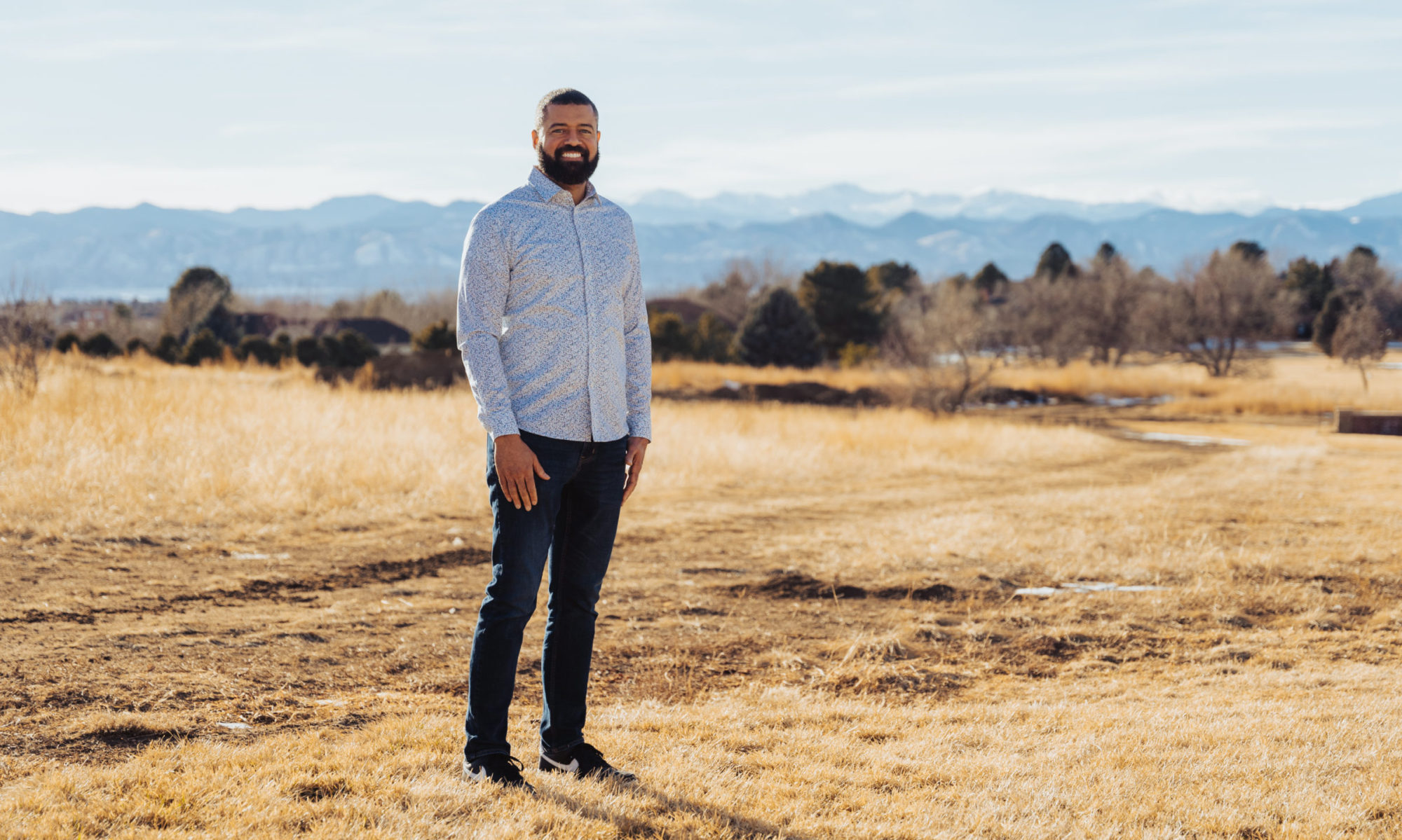 Have you ever gotten in your car at the end of your workday with plans to stop by the grocery store on your way home but somehow ended up in your driveway instead? Sound familiar? Or maybe it was the beginning of the summer so you got up early to take the kids to the neighborhood pool but ended up taking the route to their school instead. Why is that?
Have you ever gotten in your car at the end of your workday with plans to stop by the grocery store on your way home but somehow ended up in your driveway instead? Sound familiar? Or maybe it was the beginning of the summer so you got up early to take the kids to the neighborhood pool but ended up taking the route to their school instead. Why is that?
It makes sense when we realize that stopping by the grocery store or taking your kids to the pool are not part of your normal everyday habits. Our brain’s default is to try and use the least amount of energy possible throughout the day. That is why most of the common activities we do each day are habitual.
What did you do when you first woke up this morning? Where did you choose to brush your teeth? How do you exit your home? What happens when you first enter your car? Your workplace?
We do most of our common daily activities without even thinking about them.
That’s why when you begin to do the right kinds of habits they can have a profound effect on you and the people around you. Habits can shape your physical, spiritual, and emotional health. They are also important for the health of any organization in which you are a part. You want to do the right things without really having to think about them.
I get the privilege of living out my dream, preaching for the Littleton church of Christ. In our organization we spent several weeks compiling a list of organizational habits. I then challenged the staff to pair the list down to five habits. They did one better and reduced the list to four. The idea is that if we practice these four habits everyday it will bring health to our organization. (I realize that a church is first a living organism, born or God, yet it is also an organization with structure, systems, and day to day operations.)
Littleton Church Staff Organizational Habits:
- People first
- Make it better
- Attitude of gratitude
- Engage those far from God
PEOPLE FIRST
The first question we must ask ourselves every day is, “What am I doing to put people first?” I am speaking in hyperbole because I know that God is first. I also know that when we put God first we put others before ourselves. It’s like what Paul told the Galatian church.
You, my brothers and sisters, were called to be free. But do not use your freedom to indulge the flesh; rather, serve one another humbly in love. For the entire law is fulfilled in keeping this one command: “Love your neighbor as yourself.” Galatians 5:13-14 (NIV)
We are a non-profit organization so it may make a lot of sense for us to have this as one of our habits. I also believe it is a good habit for any organization. In fact, many for-profit businesses have made shifts in their philosophies from profit and stock values being top priority to employees (people) taking first place. Southwest Airlines is a pioneer company in this strategy. They learned that if they took care of people then they would have a healthy organization.
Healthy organizations like healthy organisms, grow.
What does it look like to put people first? We’ve identified three things:
Choose to trust
Andy Stanley explains,
“To maintain the relational integrity necessary to operate as a team, we must choose to trust and be trustworthy.” Stanley emphasizes that trusting and being trustworthy both are choices. “Often there are unexplainable gaps between what we expect people to do and what they actually do. We choose what we place in those gaps. Our choices determine the integrity of the relationships. We can choose to fill them with trust or suspicion.”
When you put people before yourself you will choose trust over suspicion.
Remain openhanded
“Freely you have received; freely give.” – Jesus (Matthew 10:8)
What am I doing to share my wisdom, my talents, my resources and information? What am I intentionally doing to involve and develop others?
Putting people first leads us to choose open communication and the sharing of information. If I choose to put myself first, then I may become tempted to close my fists on communication and use my knowledge to leverage power over another team member. I may be tempted to protect my self-interests and silo my ministry instead of involving others and inviting collaboration.
Remaining open handed is really about practicing hospitality. “When God’s people are in need, be ready to help them. Always be eager to practice hospitality.” Romans 12:13
Remaining open handed is also about practicing good stewardship with my leadership. Opening my hands and sharing what God has blessed me with daily allows me to put the organizational needs above my own. It’s about “we” not “me.”
Be pastoral
When we practice the habit of putting people first we choose to help guide others with God’s wisdom by providing spiritual counsel. Many times this can seem inconvenient especially if it is unscheduled. People are divine appointments and holy interruptions granted to us as an opportunity to lead them in the direction of Jesus.
What did you do today? Did you choose to put people first? Maybe these principles can help you. I am still working on this daily and hope that choosing to put people first will be my daily habit. That it won’t require much thought. It will simply be what I normally do.
Jovan preaches for the Littleton Church of Christ near Denver, Colorado. Visit here to listen to sermons preached by Jovan.

5 Replies to “Habits – Part 1: People First”
Comments are closed.